beef
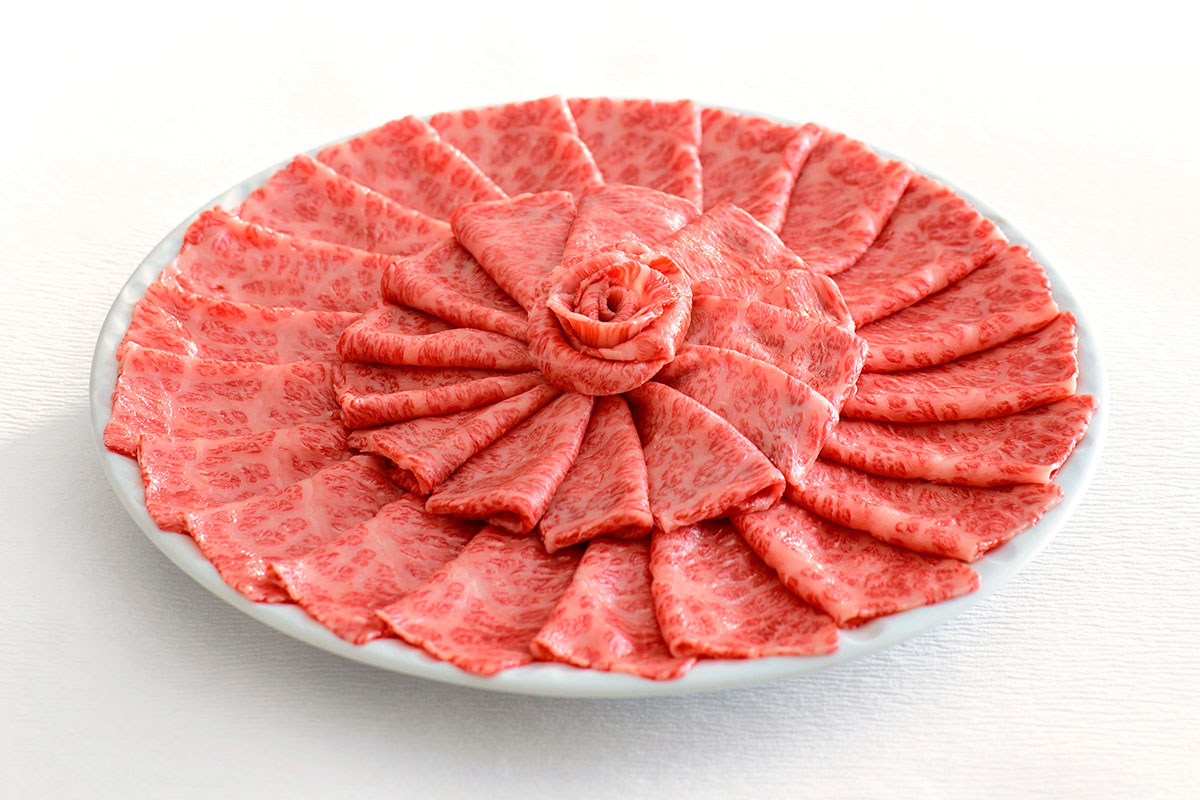
HOW TO
Jan 15, 2023
HOW TOAuthentic Japanese Wagyu vs Imitation Products: Knowing the Difference
There’s a definite Wagyu boom for foodies and chefs worldwide, but have you ever asked yourself if the Wagyu you ordered is real? Is there such a thing as fake Wagyu? Don’t let your tastebuds (and wallet) be deceived!
Jan 15, 2023
Highlights
Fake Wagyu is a thing?
Due to the high demand and high price of genuine Wagyu, it’s almost certain that someone out there will try to make a buck off the ill-informed. Some producers and retailers will flat out sell falsely labeled beef as Wagyu, but some more legitimate establishments also breed cattle using mixed Wagyu genetics. They also feed and care for the cattle differently, resulting in beef that doesn’t have the same taste, texture and quality as genuine Japanese Wagyu.
Is “Wagyu” on the supermarket shelf actually real?
Surprisingly enough, the Wagyu filets and patties that you’ve maybe seen at your local supermarket could actually be American Wagyu! American Wagyu – very different from Japanese Wagyu – only needs 46% Japanese Wagyu genetics and can be raised and slaughtered in America. This means that the final product has an entirely different texture and flavor compared to authentic Japanese Wagyu.
While the chances of encountering 100% authentic Japanese Wagyu in your local supermarket are quite low, it’s not completely impossible to procure Japanese raised Wagyu in the United States. In fact, meat delivery services like Crowd Cow offer authentic Japanese Wagyu, and consumers can even select which prefecture in Japan they want their beef from!
Guaranteeing that your Wagyu is authentic and Japanese
One surefire way to know that your Wagyu is the real deal is to import it yourself from a reputable Japanese farm…but that’s not very feasible for the average consumer. So how can you tell if your steak is really Tajima Wagyu (genuine Kobe Beef) or “Kobe beef?” Check for a small bronze statuette, as pictured below, at the restaurant. The statuette is distributed by the Kobe Beef Marketing & Distribution Promotion Association to show that the beef served at restaurants is authentic Tajima Wagyu.
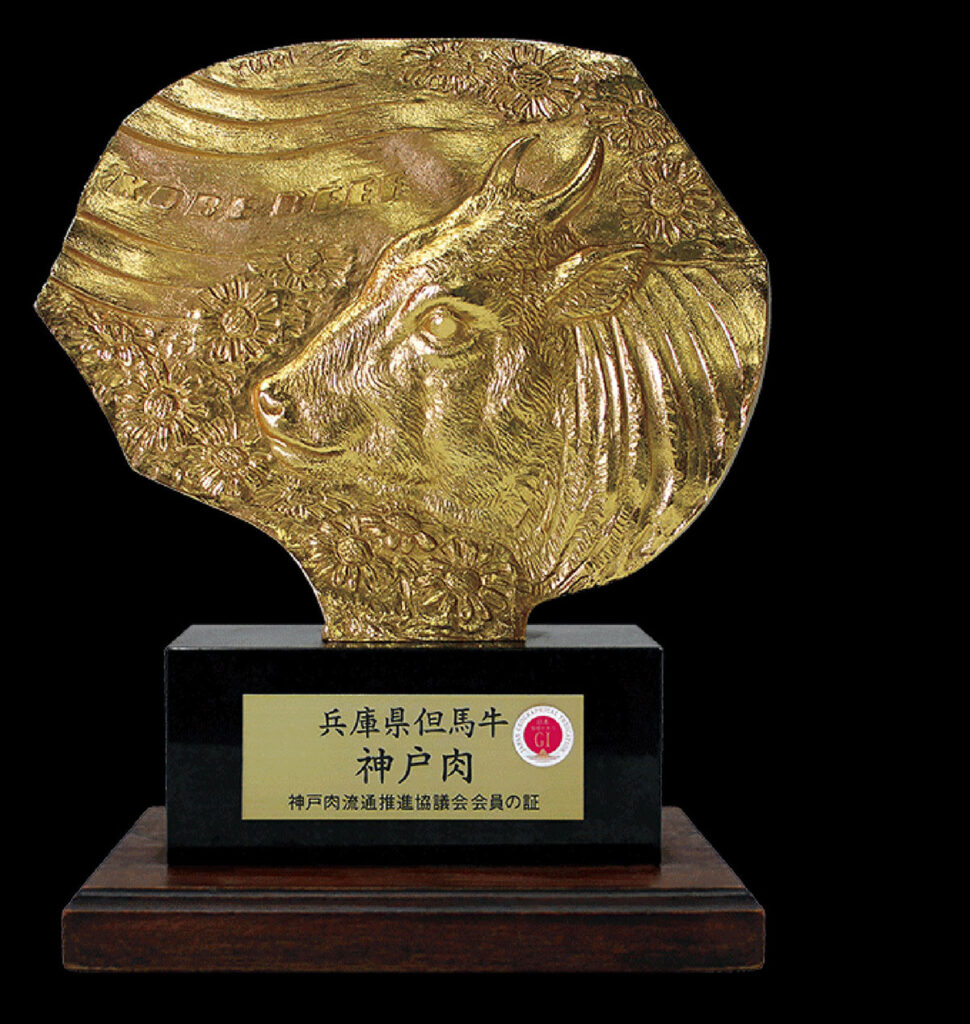
Photo Credit: Kobe Beef Marketing & Distribution Promotion Association Official Homepage
One more thing to check for when purchasing Wagyu is the official Universal Wagyu Mark. Pictured below, this official seal was introduced in 2007 by the Japan Livestock Products Export Promotion Council (J-LEC) and is featured on the packaging of every shipment of authentic Wagyu distributed overseas. If it doesn’t have the official seal, you might not be getting genuine Japanese Wagyu.
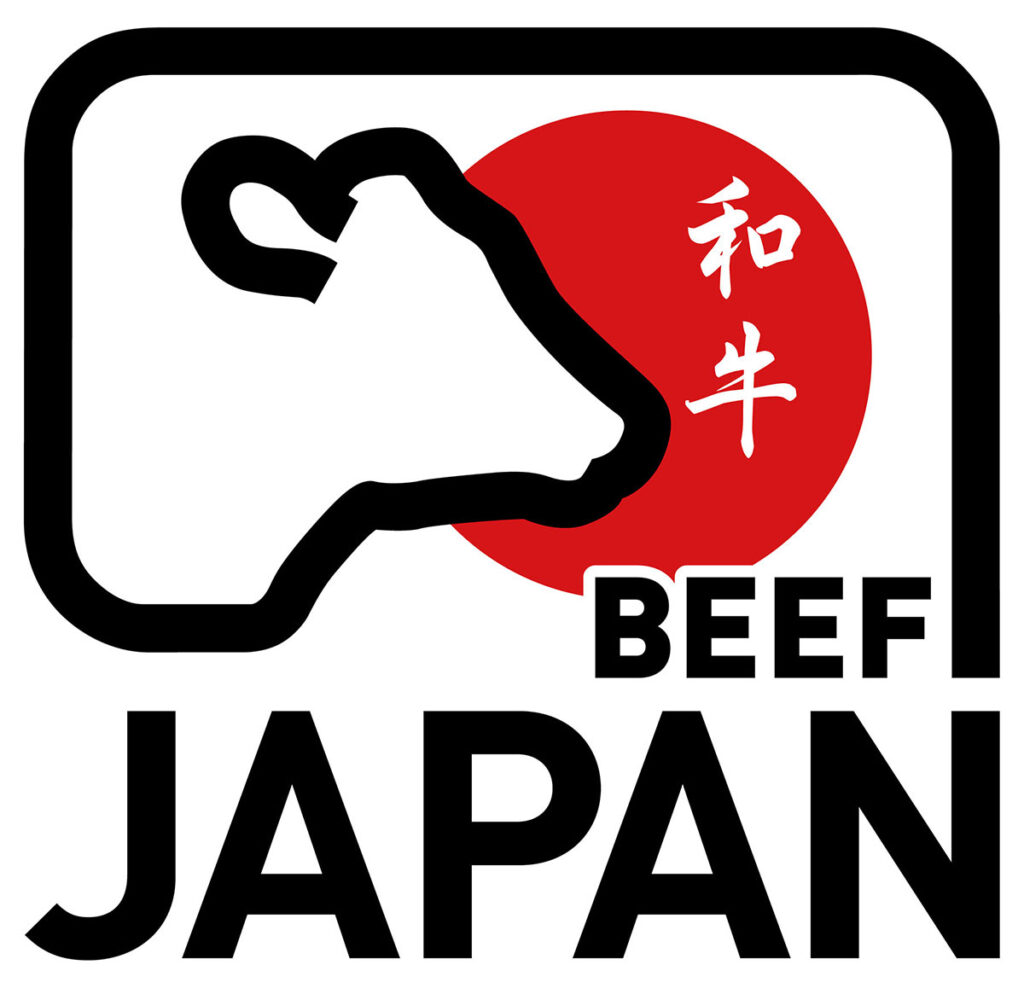
Alongside the Universal Wagyu Mark, Wagyu cattle raised in Japan are tracked with an Individual Identification Number that records their place and date of birth, sex, breed, maternal parent’s history, transfer information and locations, fattening period, processing information and where they were slaughtered.
J-LEC provides a service that allows chefs and consumers to read this information by scanning QR codes at authorized Wagyu retailers and restaurants. The information is available in 15 different languages for consumers to scan across the globe and learn the exact details of the Wagyu they’ve purchased.
Finally, if you can’t find either the logo or the statuette: ask the chef or staff about the heritage of the Wagyu on their menu. Since the procurement process for Wagyu is long and arduous, if your waiter or chef can’t answer questions about where the beef is from, their lineage, or how they acquired it – you might not be getting genuine Wagyu.
It’s important to note that at the time of writing this article, there were only a handful of restaurants in the United States that serve 100% authentic Wagyu. If the Wagyu you’ve purchased or ordered can’t be verified through any of the methods above, you might be getting duped. Thank you for taking the time to consider the importance of authentic Japanese Wagyu.
Category Ranking
Category Ranking
-
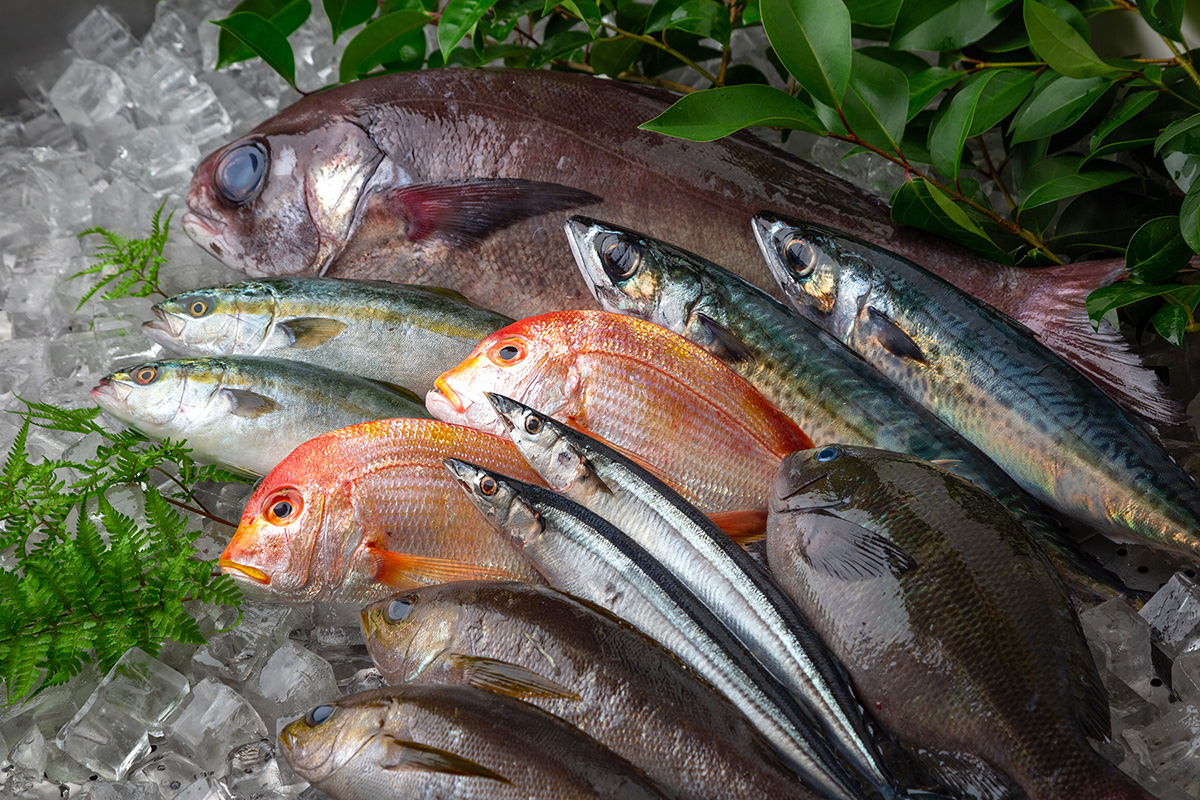
HOW TO
The Freezing Technology that Keeps Japanese Seafood Fresh
Jan 5, 2023
-
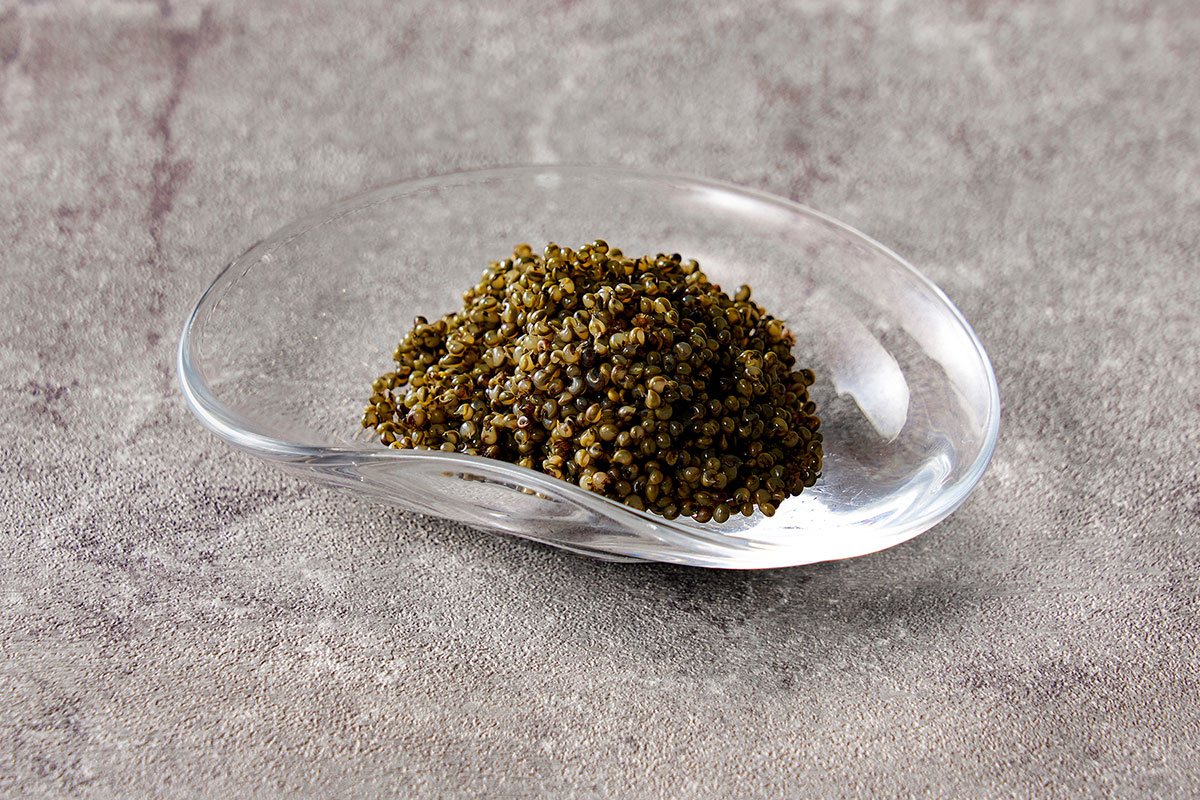
HOW TO
Tonburi, aka Vegan Caviar, and Implications for the Next Era of Gastronomy
Jan 26, 2023
-
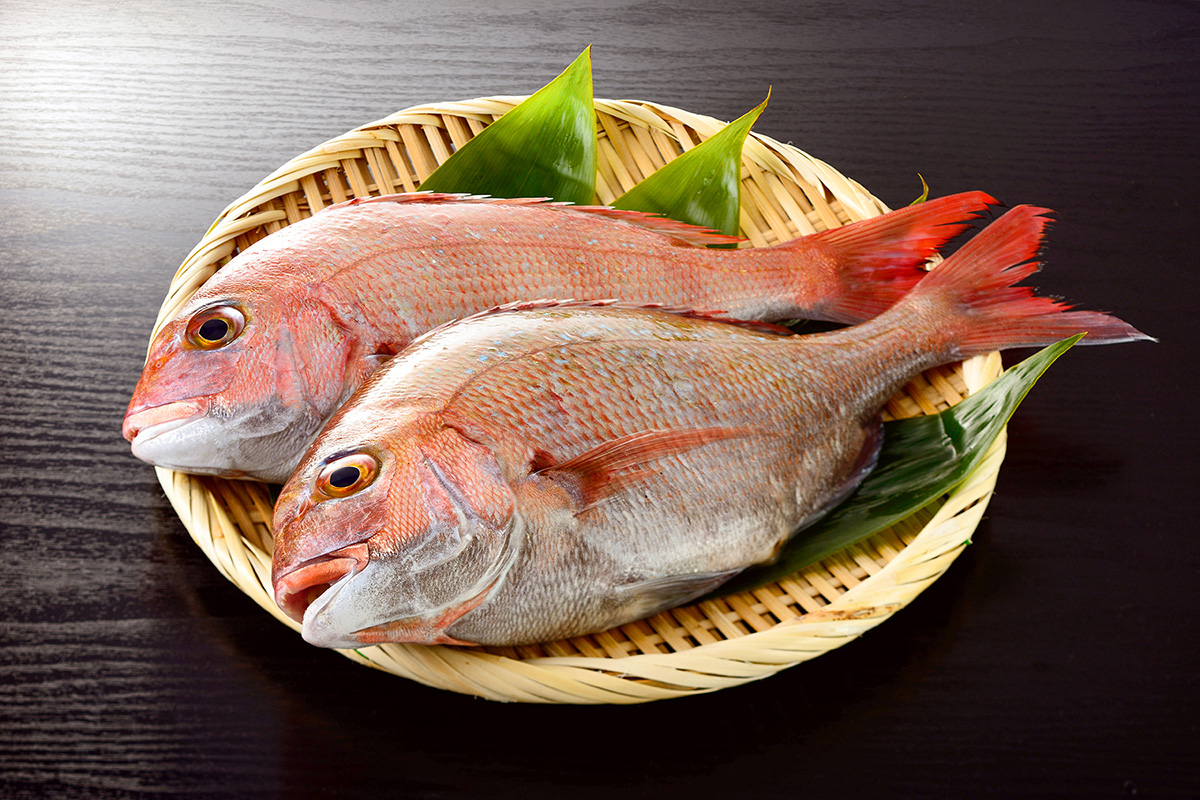
HOW TO
In Spring, Sea Bream is the Color of Cherry Blossoms and in Fall, the Color of Autumn Leaves
Jan 4, 2023
-
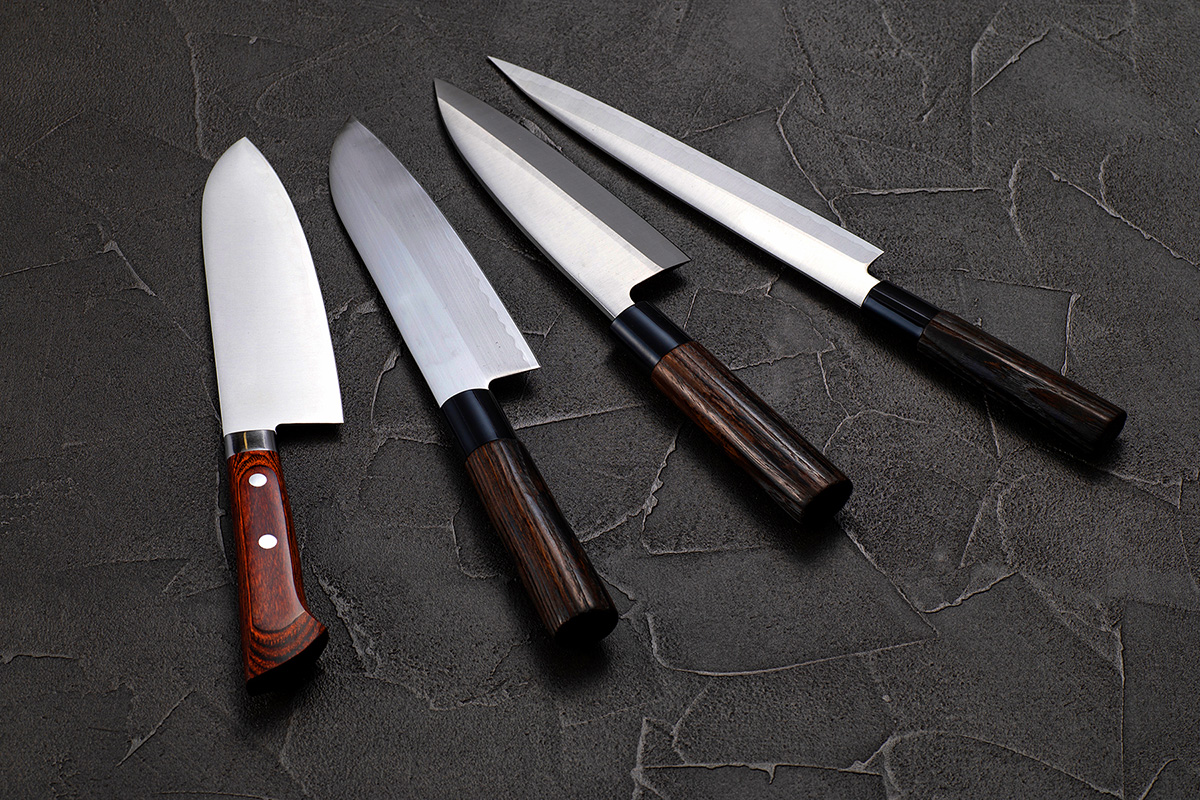
HOW TO
Cutting Wagyu Beef with a Famous Japanese Knife
Jan 13, 2023
-
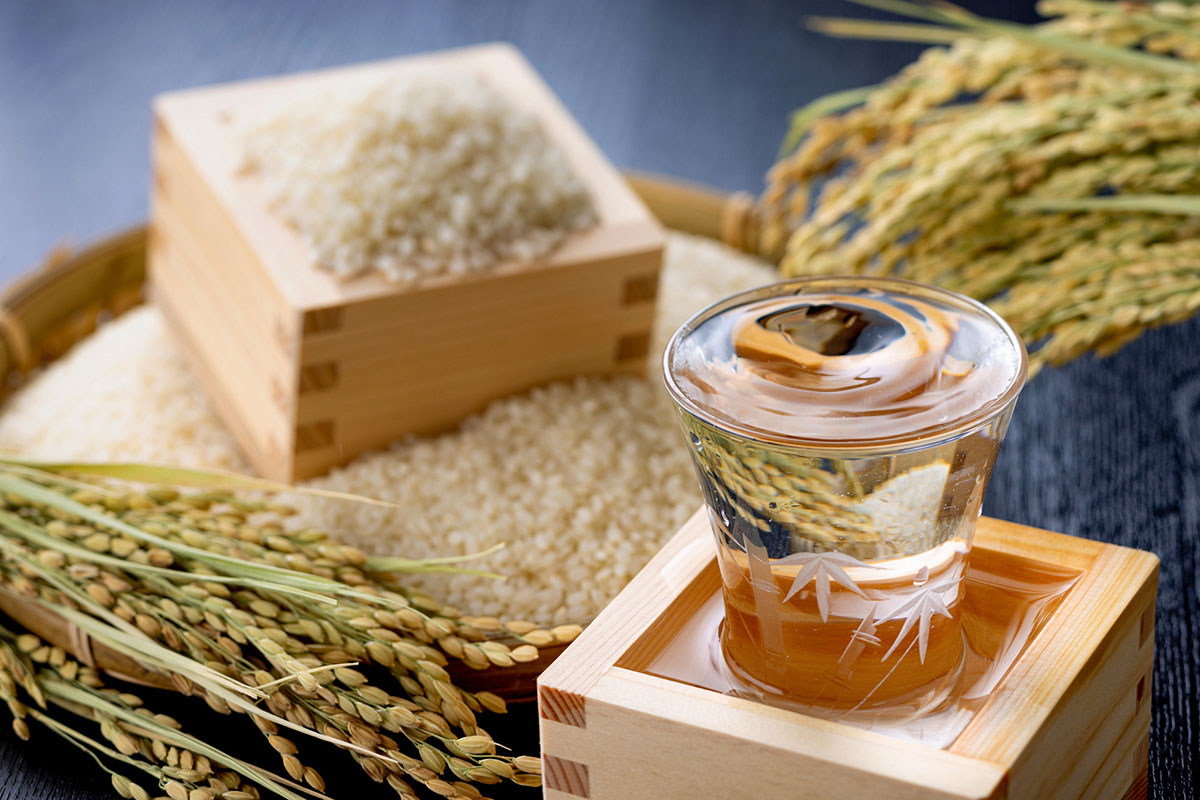
HOW TO
The How and Why of Using Sake for Cooking
Dec 29, 2022
-
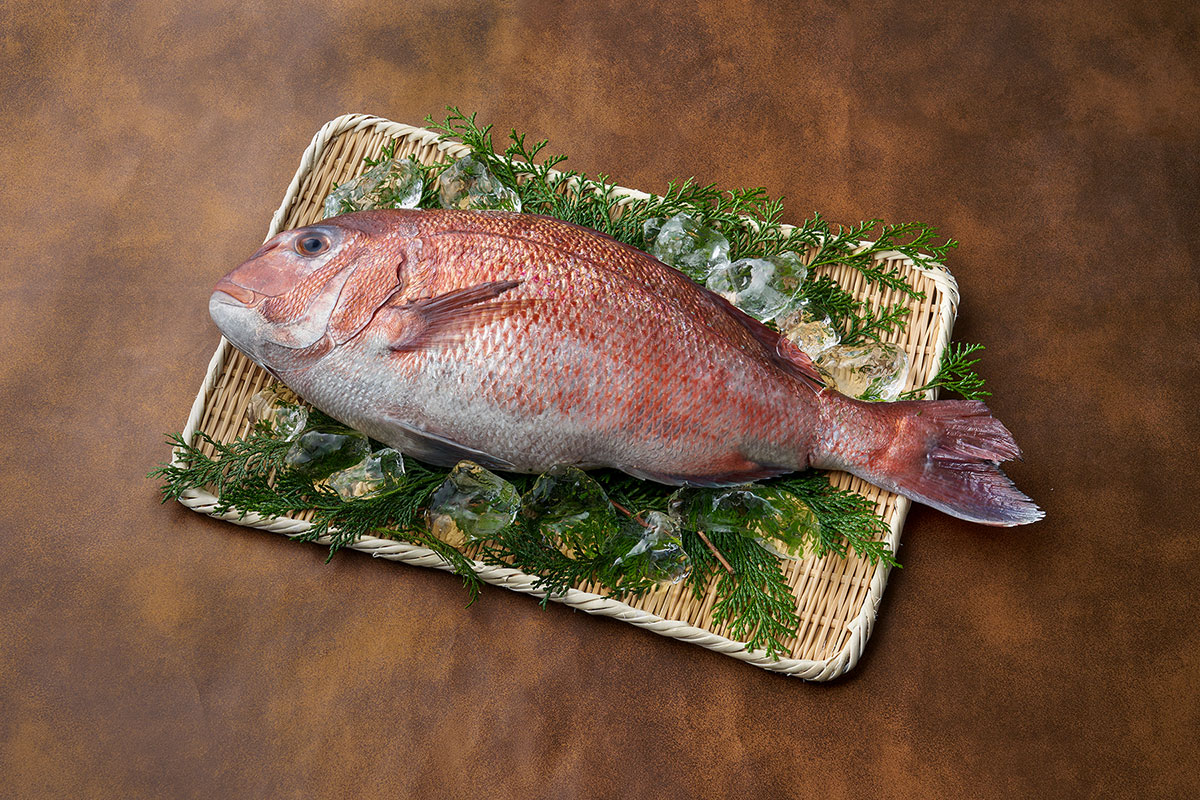
HOW TO
Athletes eat Japanese Tai Snapper because it is low in fat and high in protein
Jan 18, 2023
-
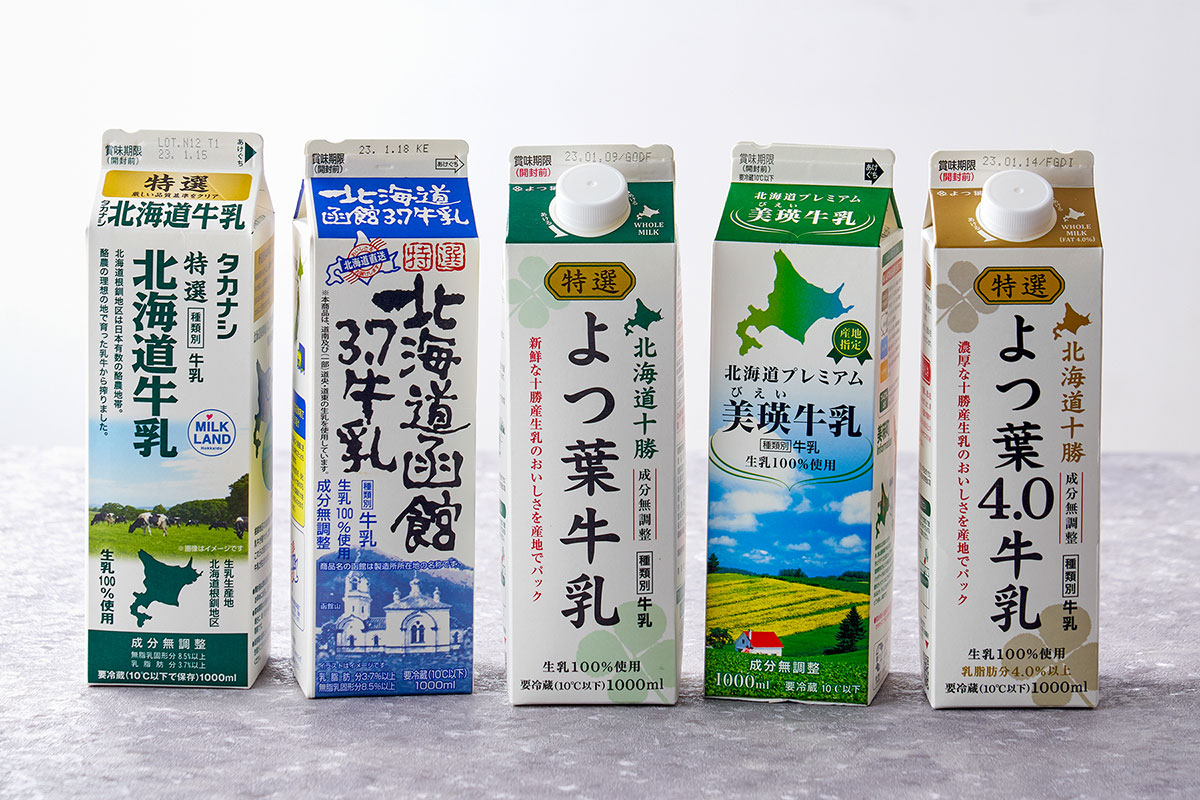
HOW TO
Introducing Hokkaido Milk and Dairy: Indulgence from Japan’s Far North
Jan 25, 2023
-
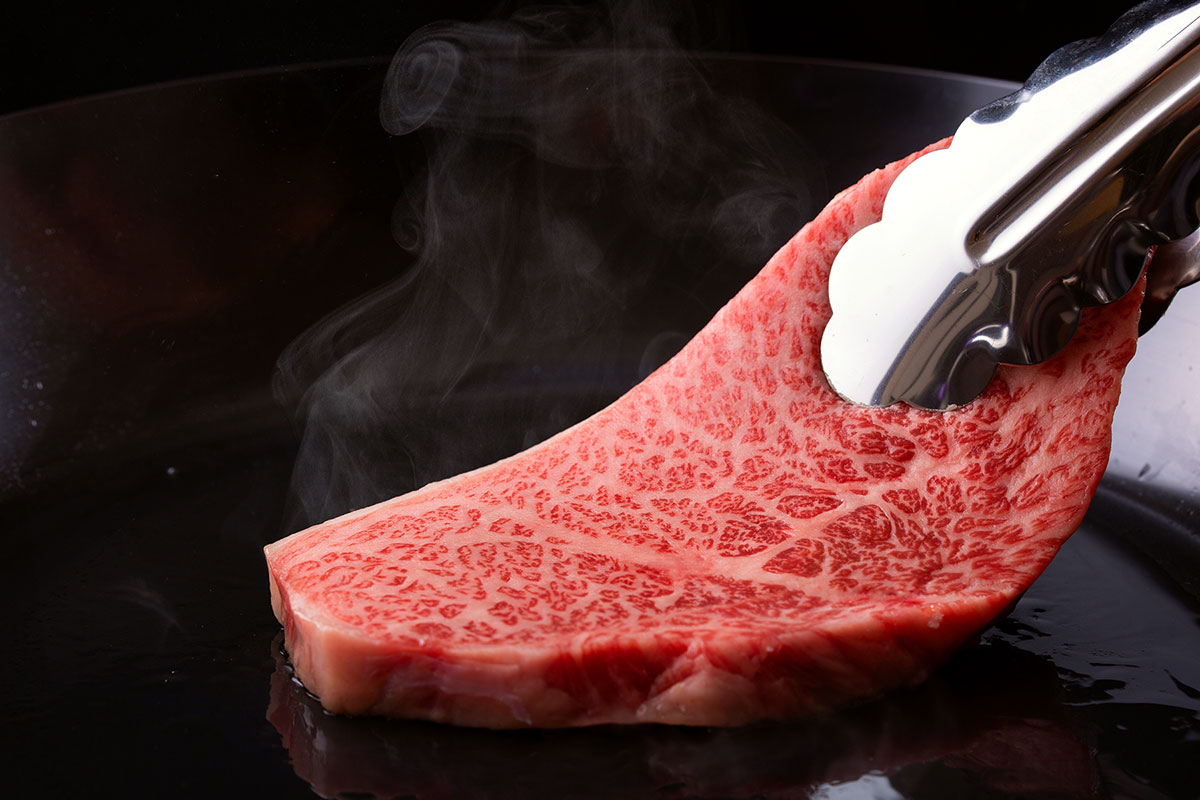
HOW TO
What’s the Right Way to Cook Real Japanese Wagyu Beef?
Jan 1, 2023
-

HOW TO
Authentic Japanese Wagyu vs Imitation Products: Knowing the Difference
Jan 15, 2023
-
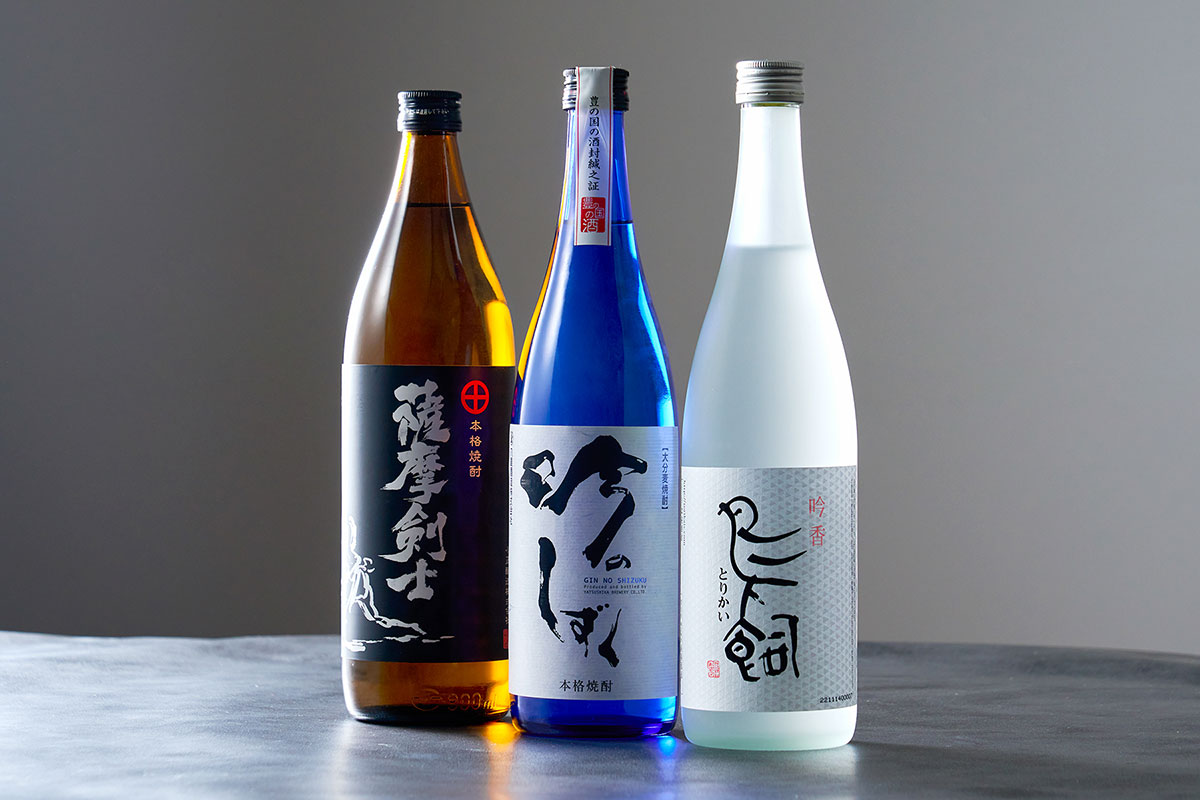
HOW TO
Why Health-Conscious Japanese Drink Authentic Honkaku Shochu
Jan 21, 2023
-

HOW TO
Introducing Hokkaido Milk and Dairy: Indulgence from Japan’s Far North
Jan 25, 2023
-

HOW TO
Tonburi, aka Vegan Caviar, and Implications for the Next Era of Gastronomy
Jan 26, 2023
-

HOW TO
The Freezing Technology that Keeps Japanese Seafood Fresh
Jan 5, 2023
-
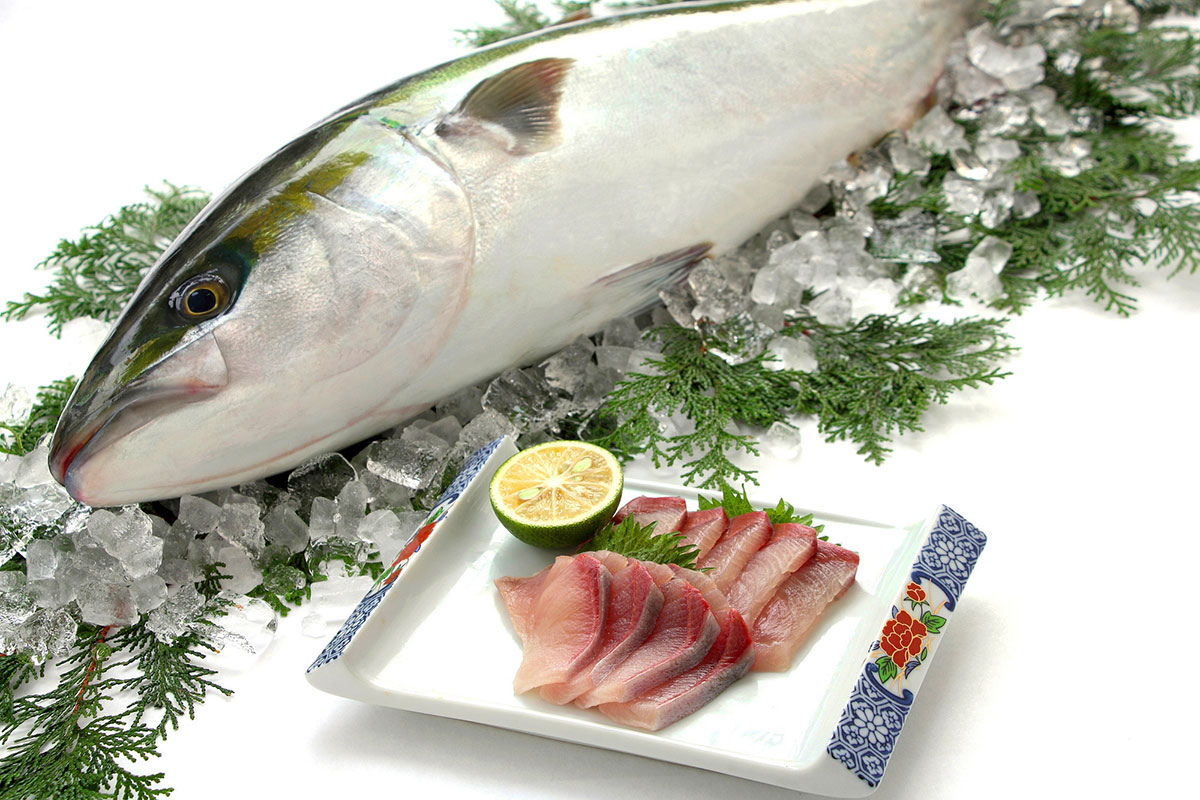
HOW TO
Is the Japanese Fish Buri “Yellowtail” or “Amberjack”?
Jan 13, 2023
-
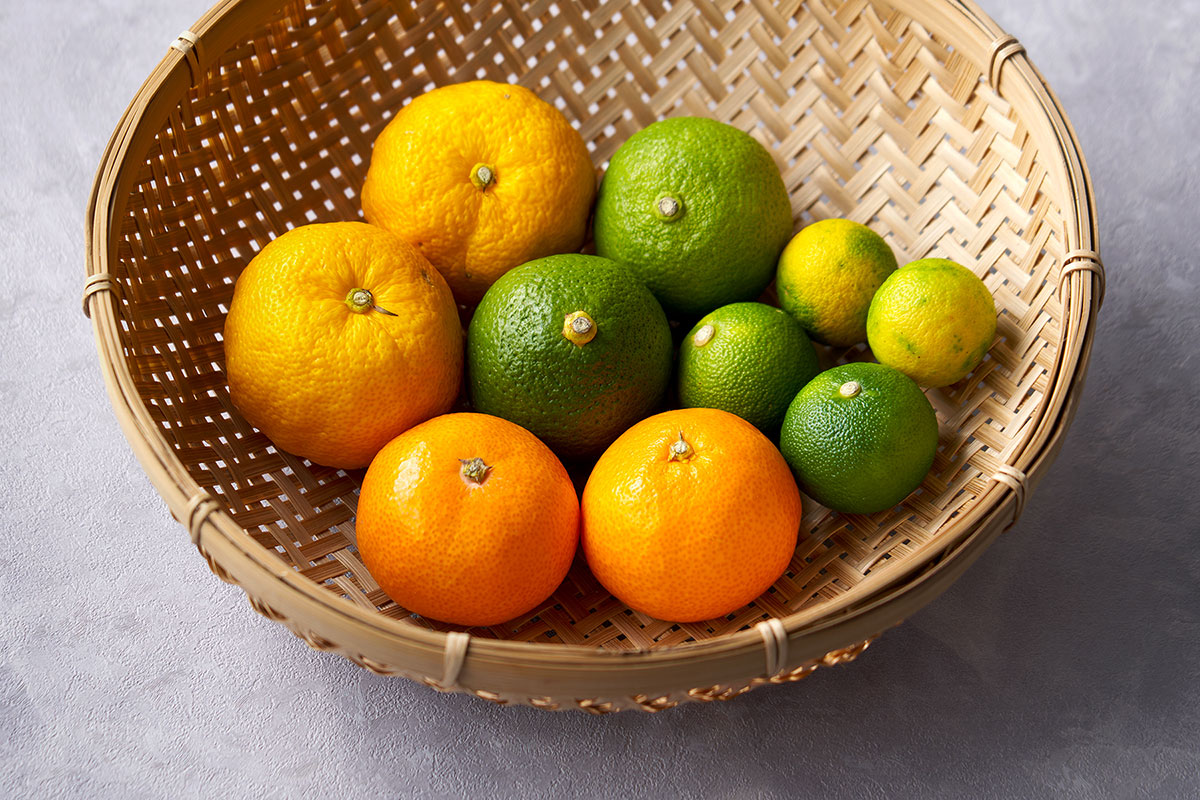
HOW TO
Sweet, bitter, sour, sublime: Japanese citrus fruit across the spectrum
Jan 16, 2023
-
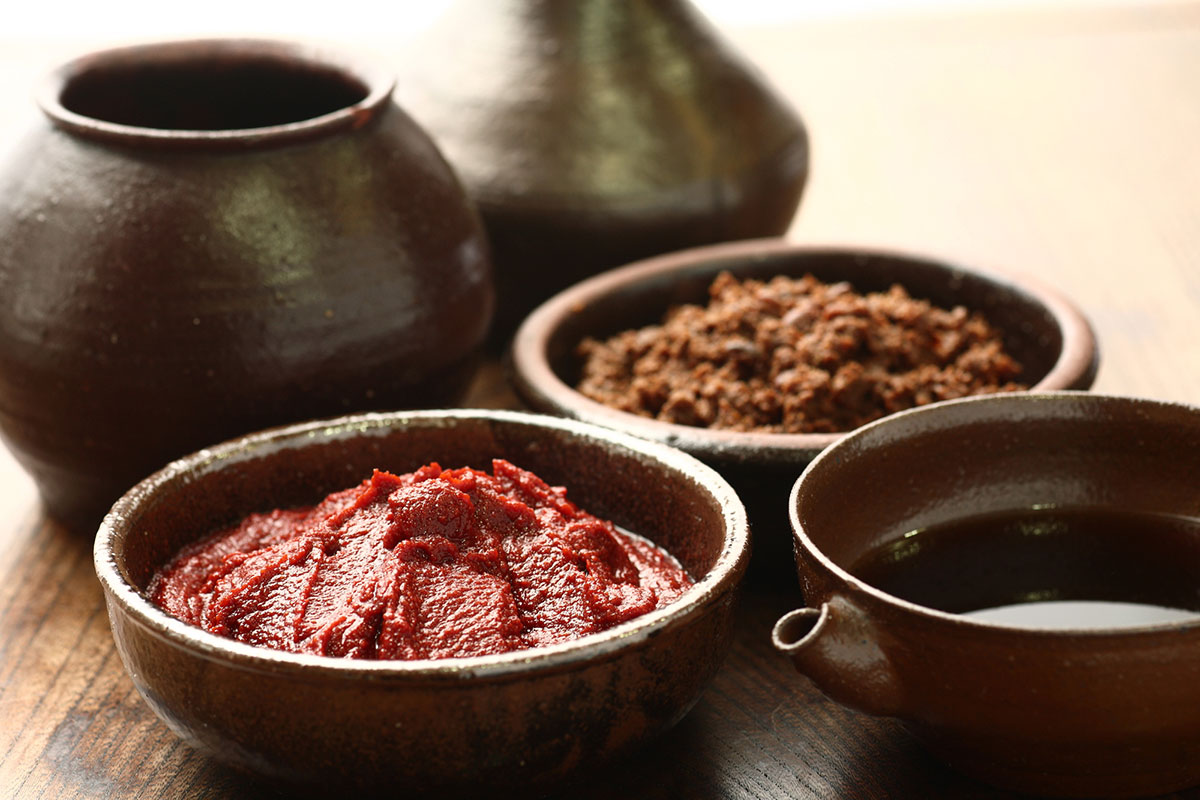
HOW TO
Understanding Fermentation Basics through Miso and Soy Sauce
Jan 10, 2023
-

HOW TO
In Spring, Sea Bream is the Color of Cherry Blossoms and in Fall, the Color of Autumn Leaves
Jan 4, 2023
-

HOW TO
Sipping Sake on the Streets: Public Drinking in Japan
Jan 22, 2023
-

HOW TO
Cutting Wagyu Beef with a Famous Japanese Knife
Jan 13, 2023
Ranking
Ranking
-
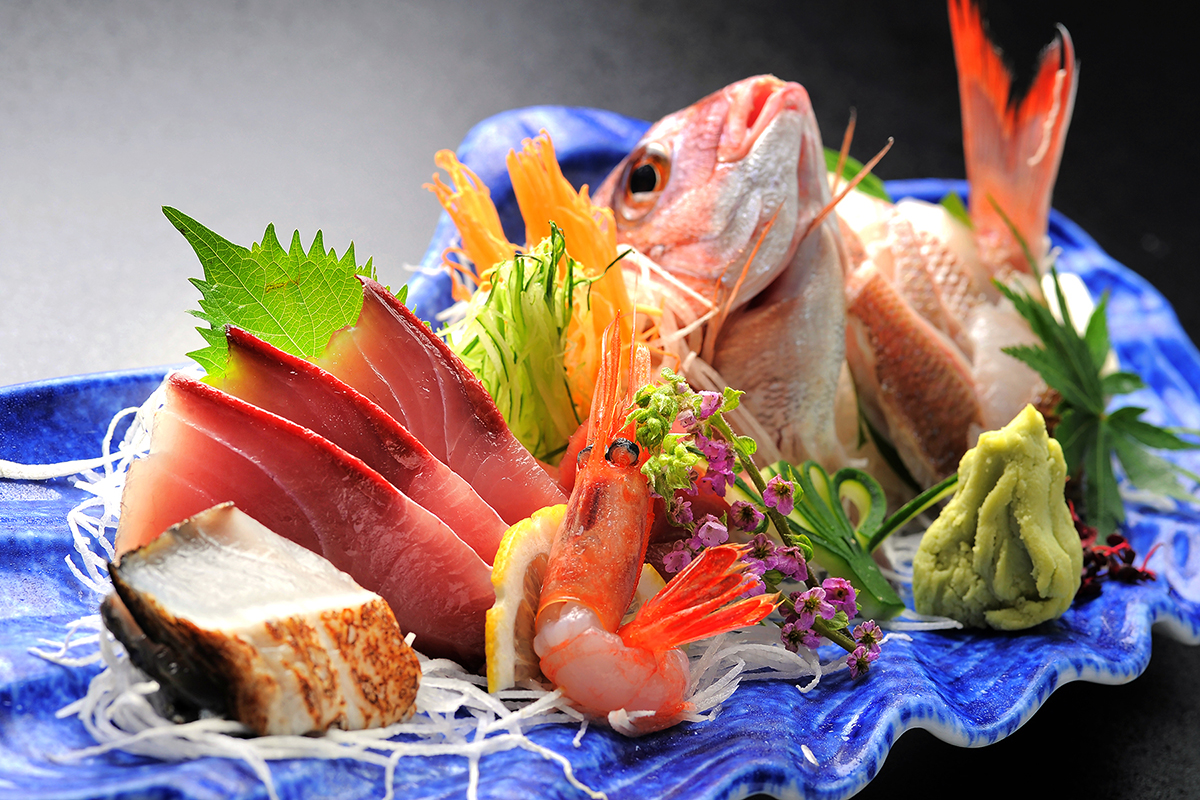
CULTURE
The Highest Form of Culinary Reverence: Ikizukuri
Apr 18, 2023
-
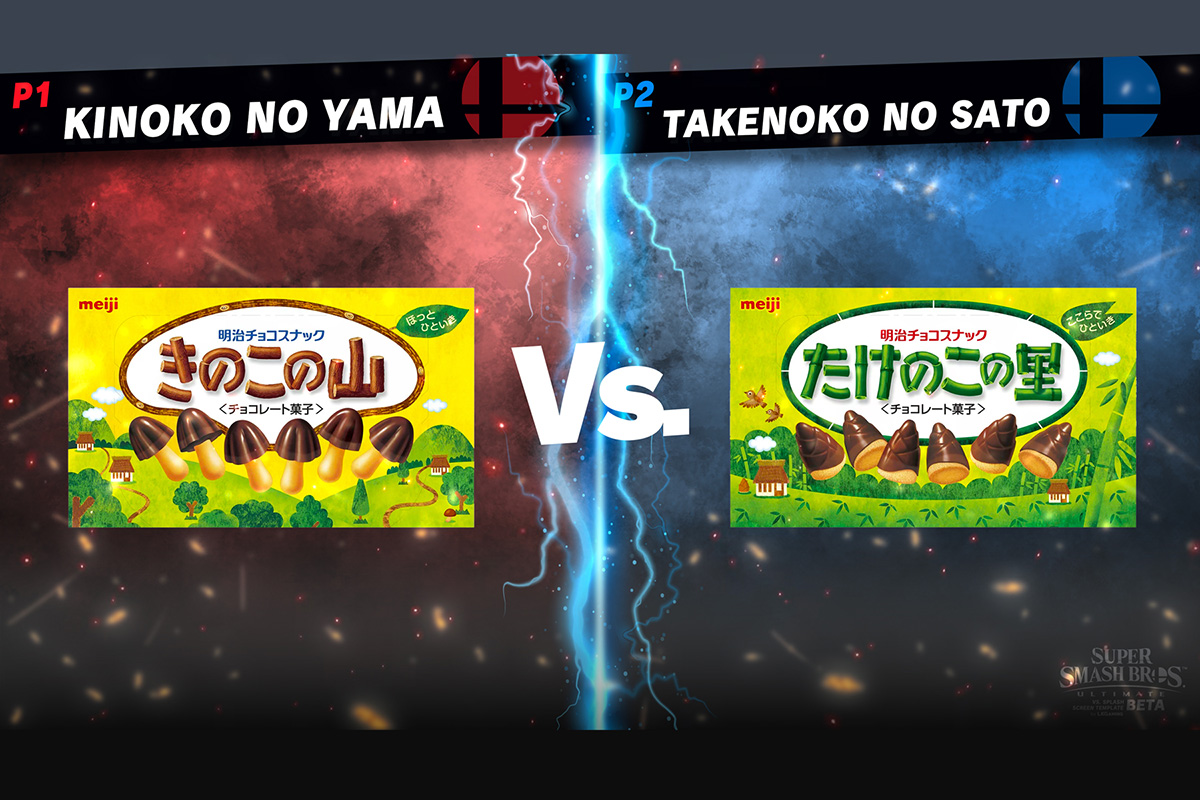
CULTURE
The Great Japanese Chocolate Snack War: Kinoko no Yama vs Takenoko no Sato
Jan 3, 2023
-

HOW TO
The Freezing Technology that Keeps Japanese Seafood Fresh
Jan 5, 2023
-
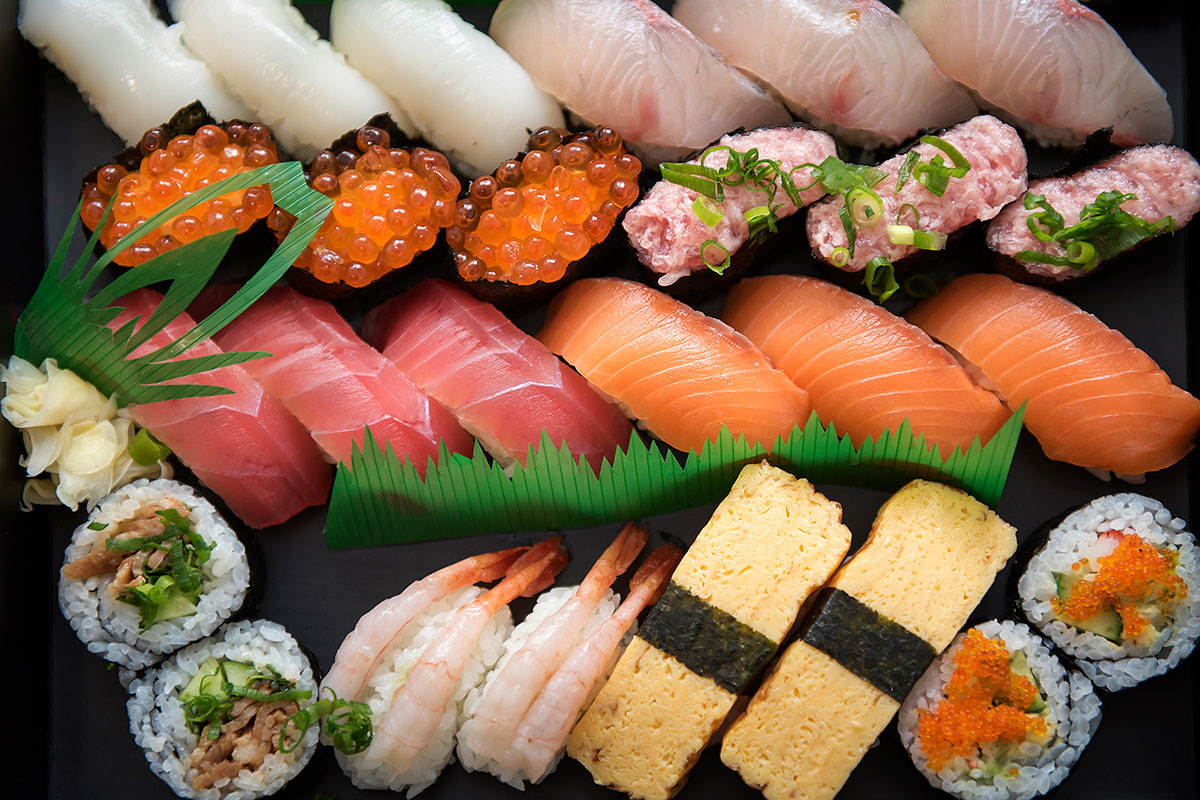
CULTURE
Learn the Basics of Sushi: Everything You Need to Know
Apr 26, 2023
-

HOW TO
Cutting Wagyu Beef with a Famous Japanese Knife
Jan 13, 2023
-

FOOD NEWS
A collaboration with premium Wagyu beef at the knife gallery of Sakai Takayuki, one of Japan’s leading knife brands
Jan 25, 2023
-

HOW TO
Tonburi, aka Vegan Caviar, and Implications for the Next Era of Gastronomy
Jan 26, 2023
-
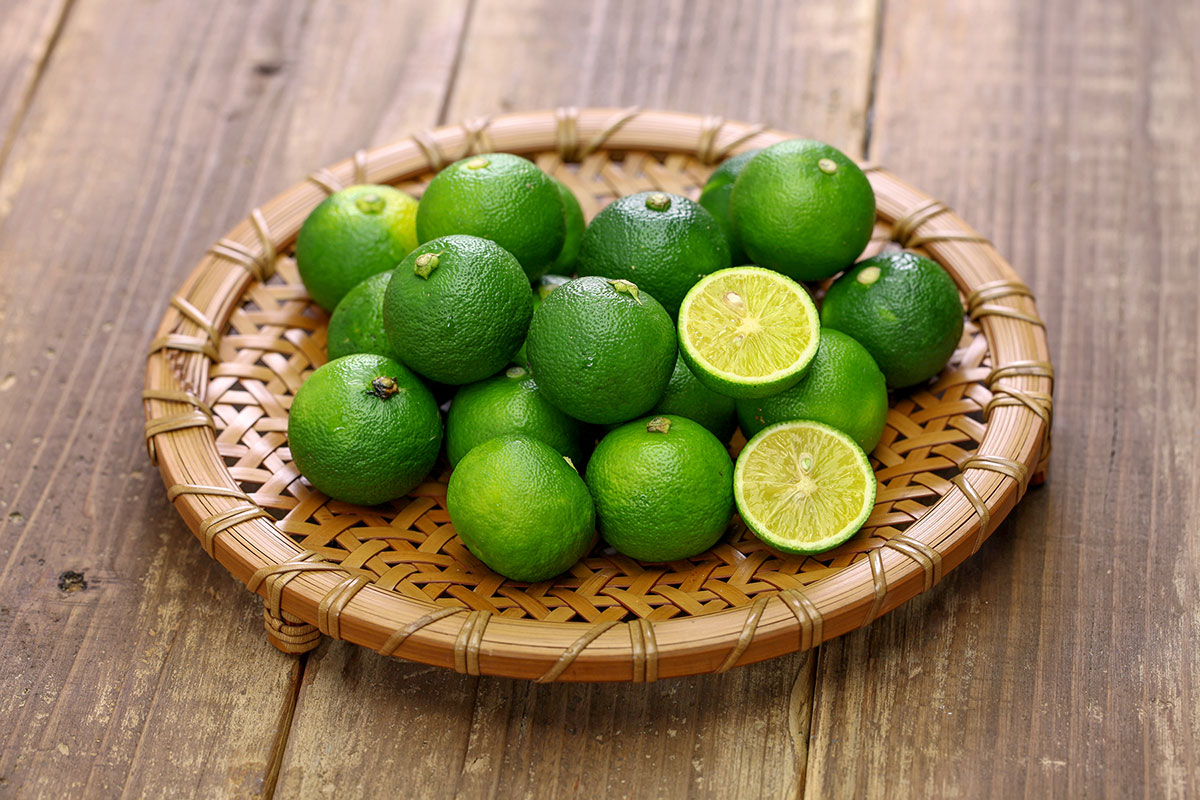
FOOD NEWS
Exploring the Sour-Sweet Taste of Sudachi
Apr 25, 2023
-

HOW TO
In Spring, Sea Bream is the Color of Cherry Blossoms and in Fall, the Color of Autumn Leaves
Jan 4, 2023
-

HOW TO
The How and Why of Using Sake for Cooking
Dec 29, 2022
-

CULTURE
The Highest Form of Culinary Reverence: Ikizukuri
Apr 18, 2023
-

CULTURE
Learn the Basics of Sushi: Everything You Need to Know
Apr 26, 2023
-

CULTURE
The Great Japanese Chocolate Snack War: Kinoko no Yama vs Takenoko no Sato
Jan 3, 2023
-

HOW TO
Why Health-Conscious Japanese Drink Authentic Honkaku Shochu
Jan 21, 2023
-

HOW TO
Introducing Hokkaido Milk and Dairy: Indulgence from Japan’s Far North
Jan 25, 2023
-

HOW TO
Tonburi, aka Vegan Caviar, and Implications for the Next Era of Gastronomy
Jan 26, 2023
-

HOW TO
The Freezing Technology that Keeps Japanese Seafood Fresh
Jan 5, 2023
-

HOW TO
Is the Japanese Fish Buri “Yellowtail” or “Amberjack”?
Jan 13, 2023
-

HOW TO
Sweet, bitter, sour, sublime: Japanese citrus fruit across the spectrum
Jan 16, 2023
-

HOW TO
In Spring, Sea Bream is the Color of Cherry Blossoms and in Fall, the Color of Autumn Leaves
Jan 4, 2023
Top Tags
- filet sandwiches
- natural killer cell
- sirloin steak
- T-cell
- COVID-19
- Meiji era
- shank
- thigh meat
- Ude
- ribeye
- A5 Japanese Wagyu
- oleic acid
- Hong Kong
- BBQ
- Sashi
- Tokushima Prefecture
- blood pressure
- cholesterol
- lungs
- colon
- Cancer prevention
- antiviral
- antioxidant
- phosphorus
- potassium
- folic acid
- dessert
- stomach
- skin
- fat burning

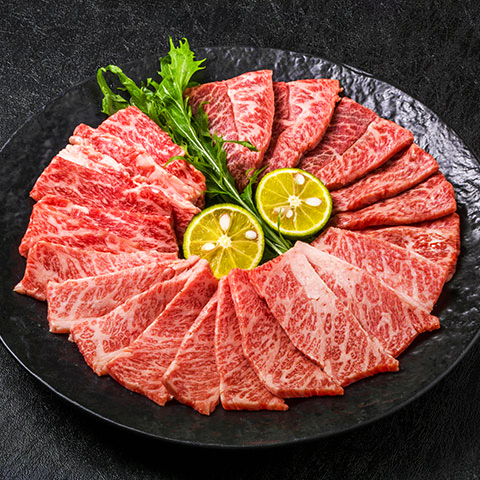
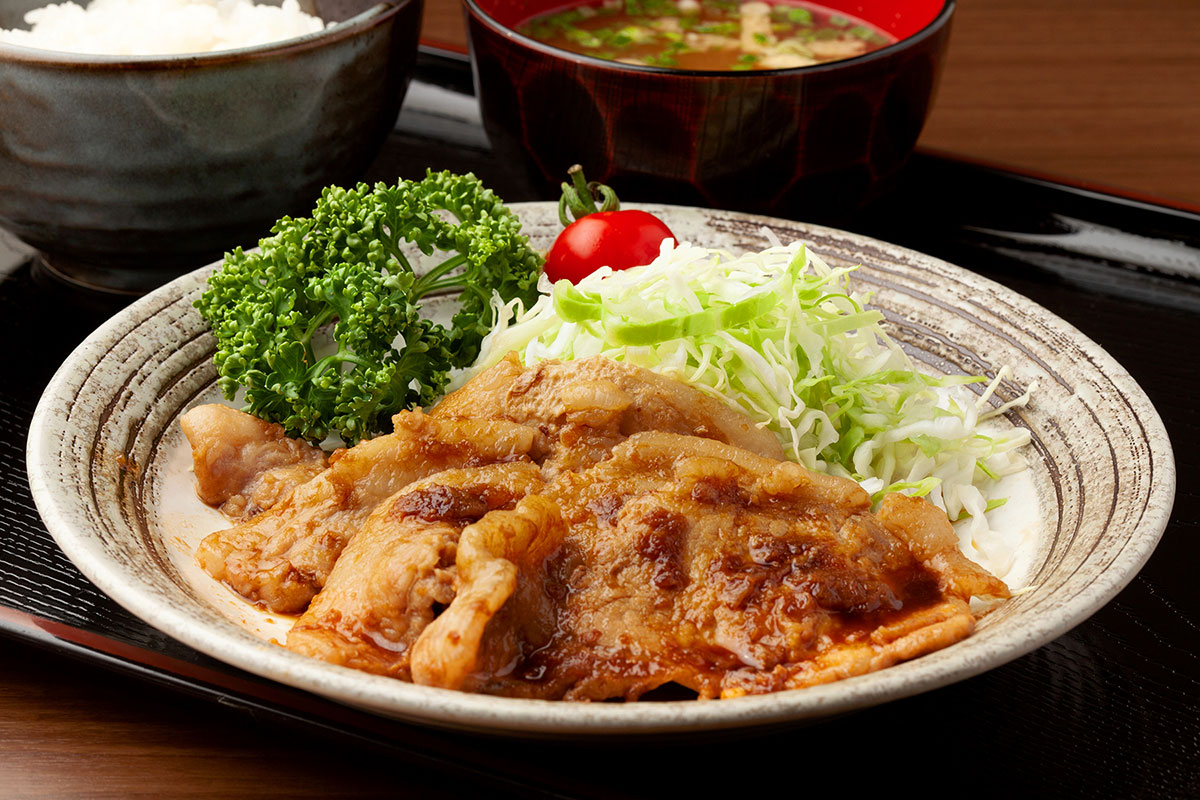
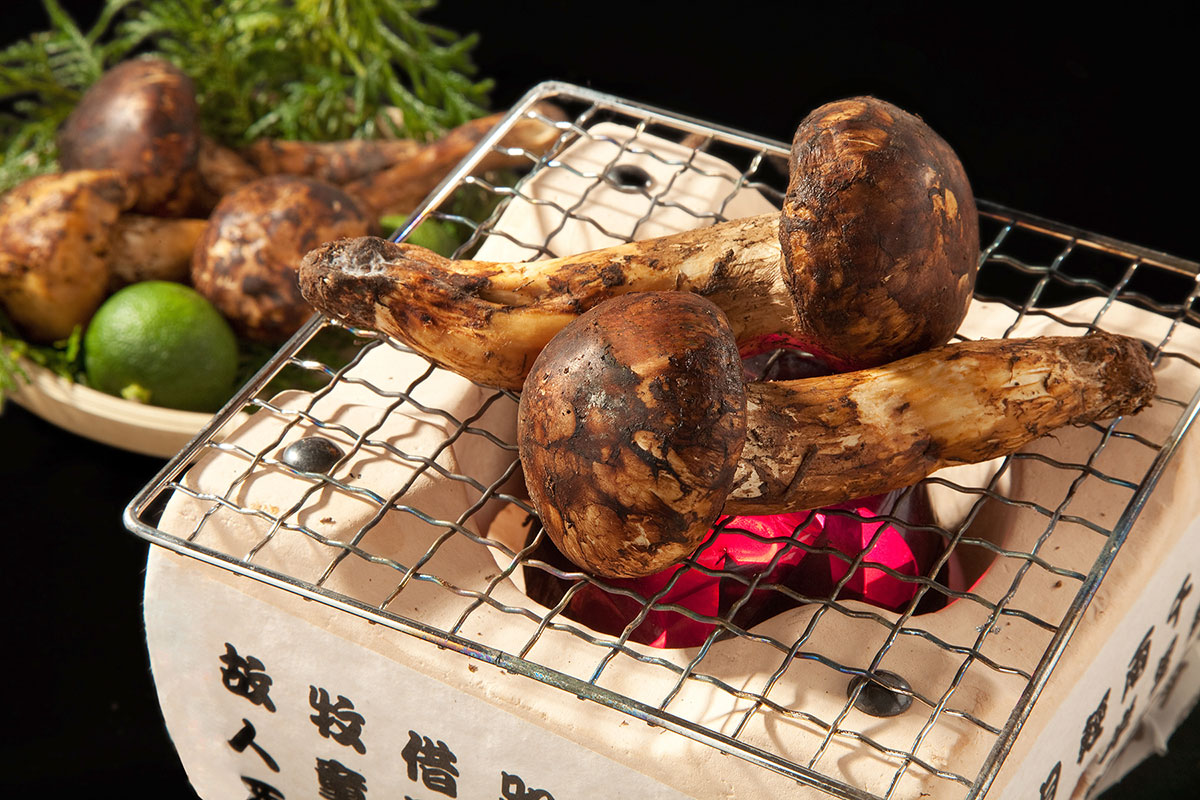

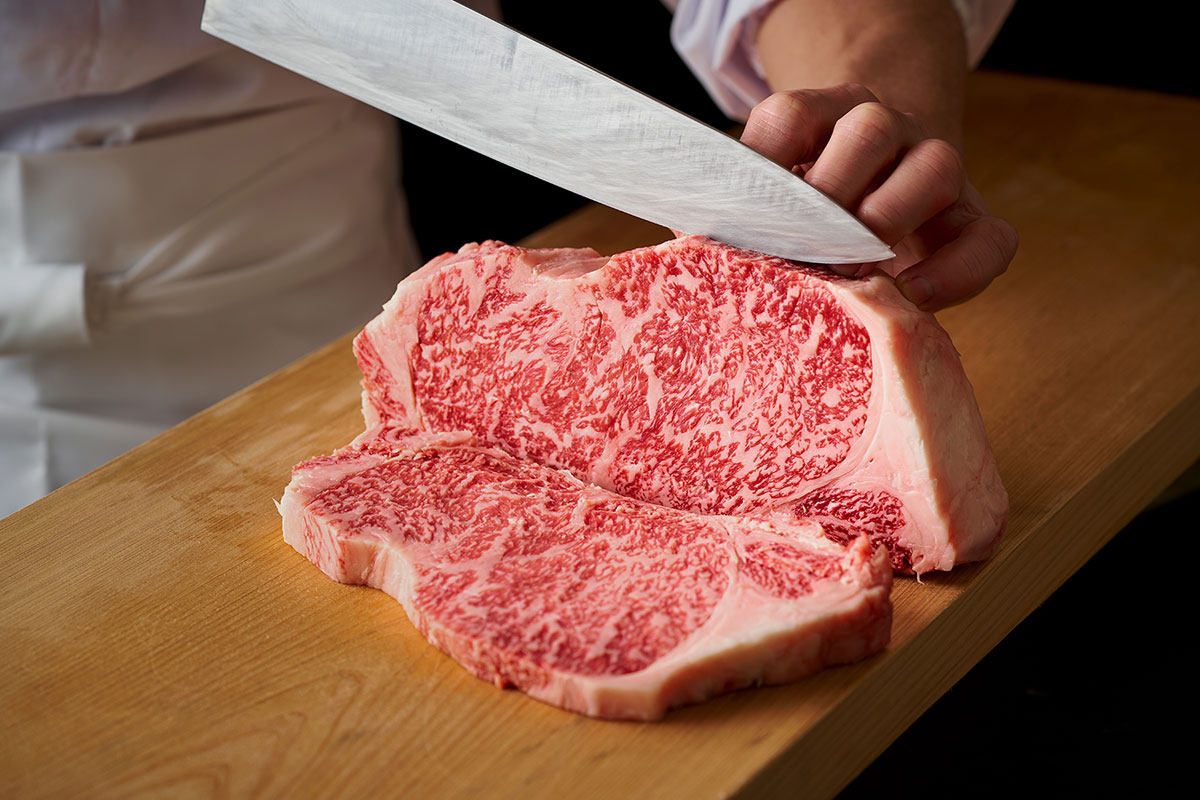
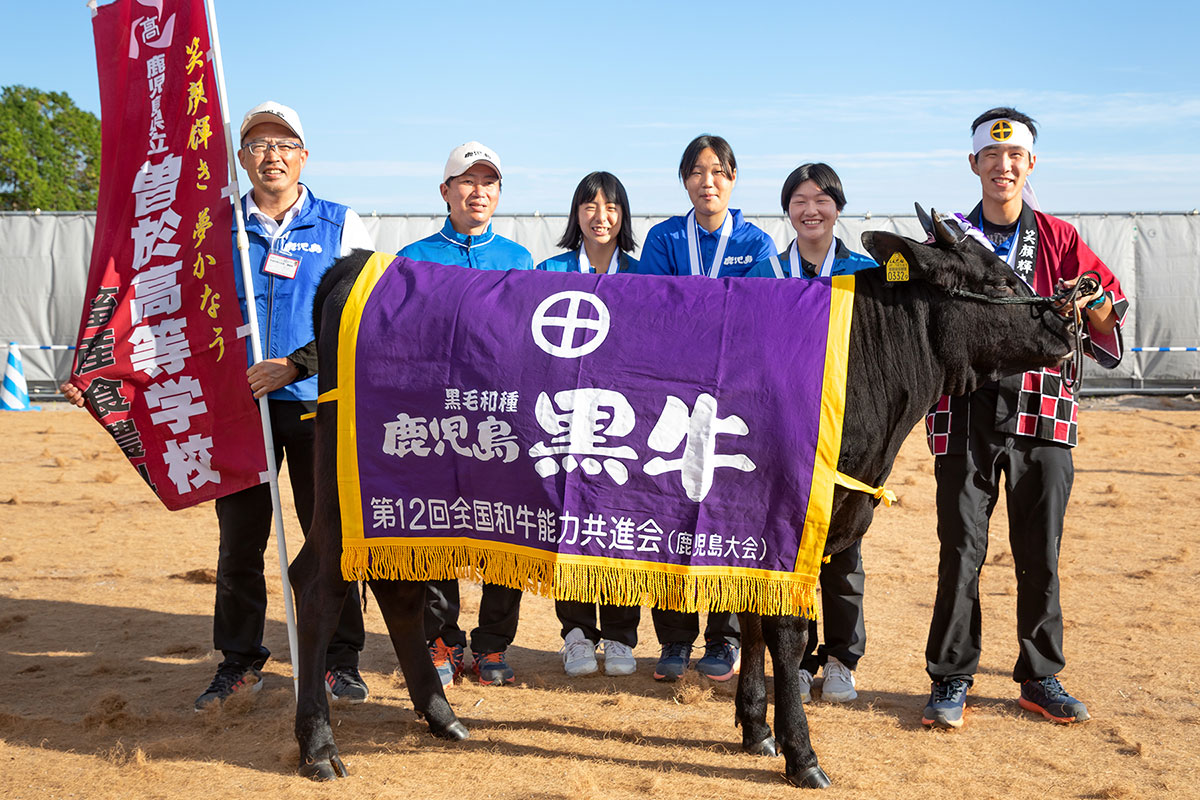
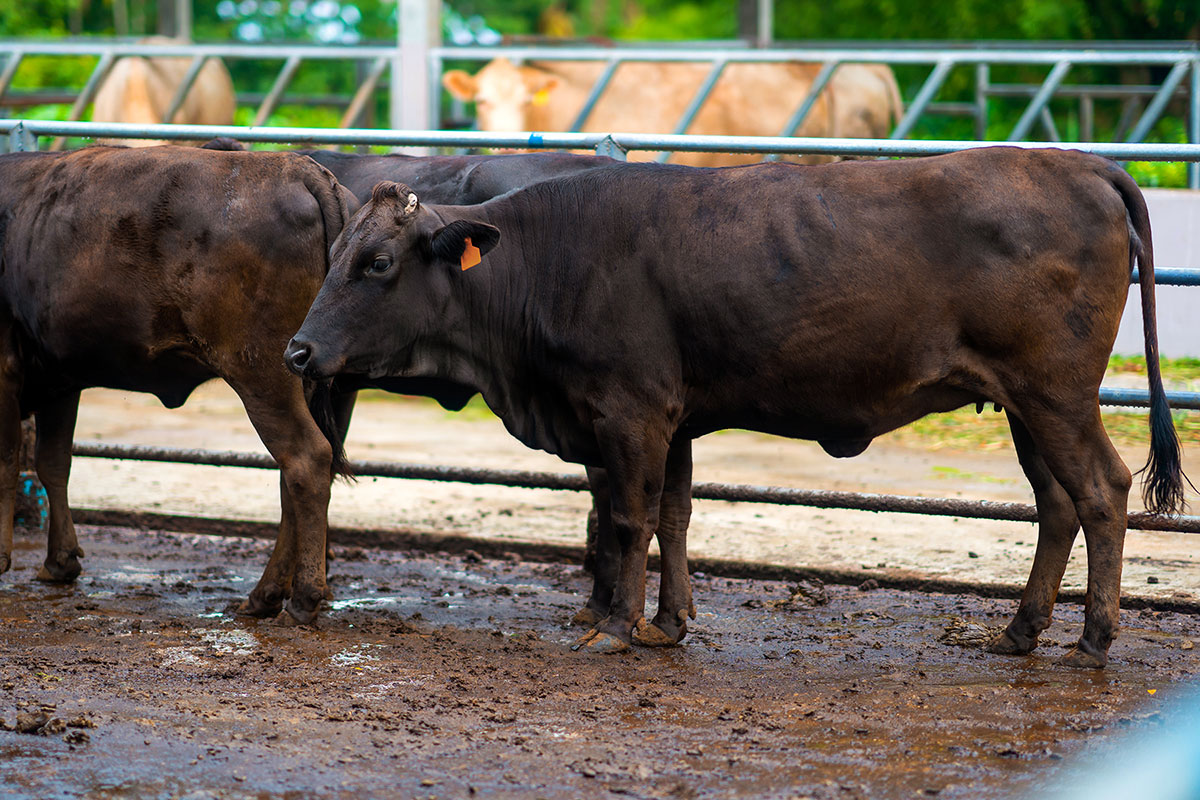
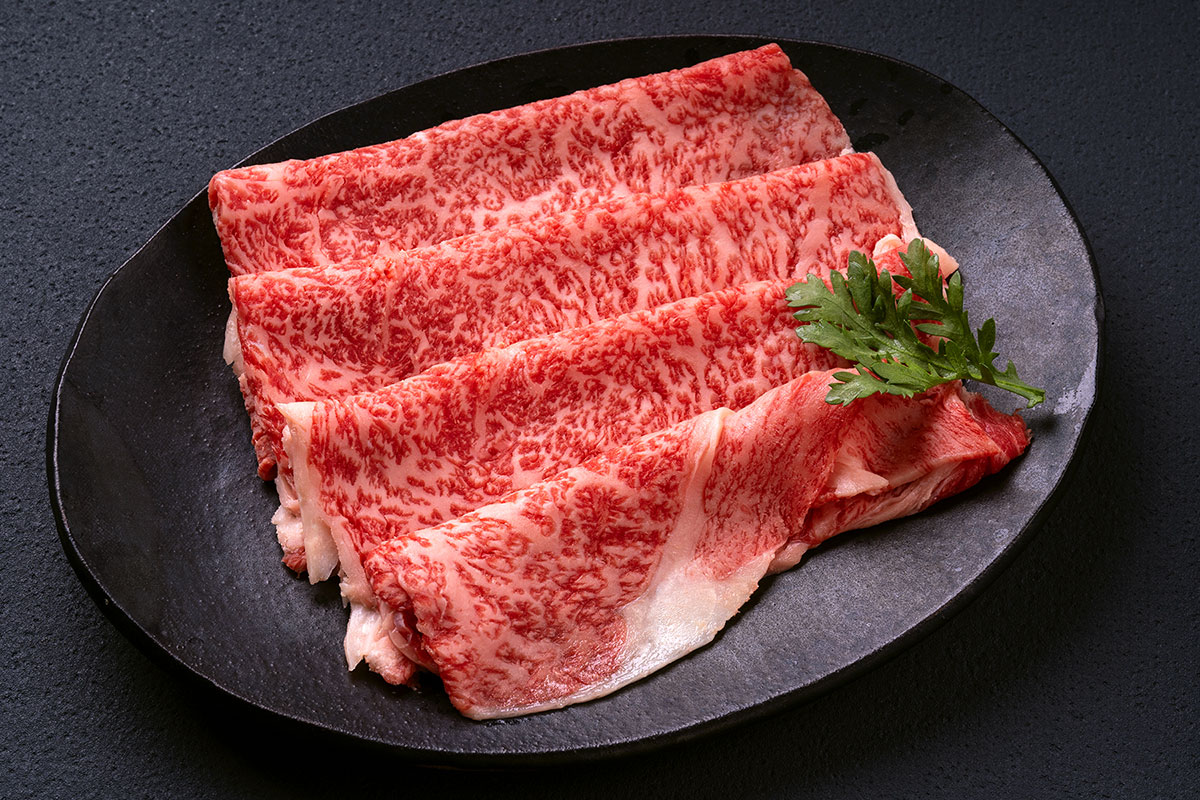
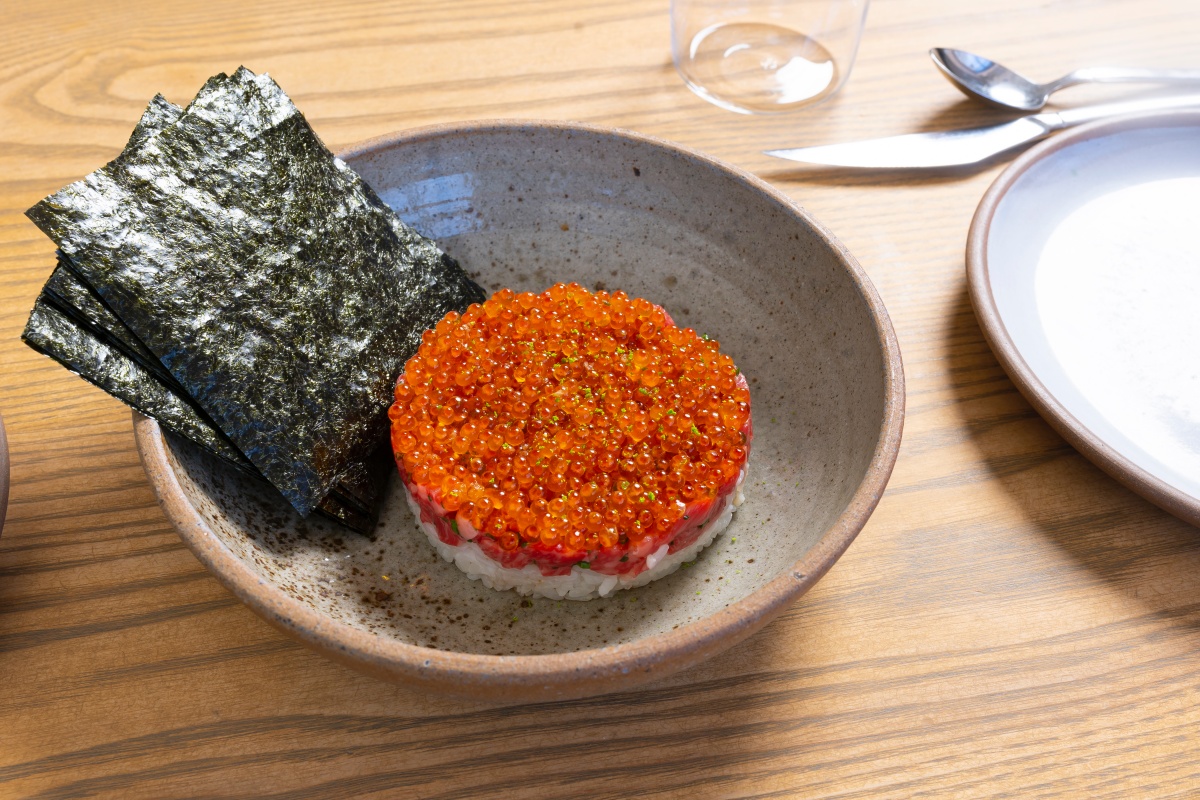
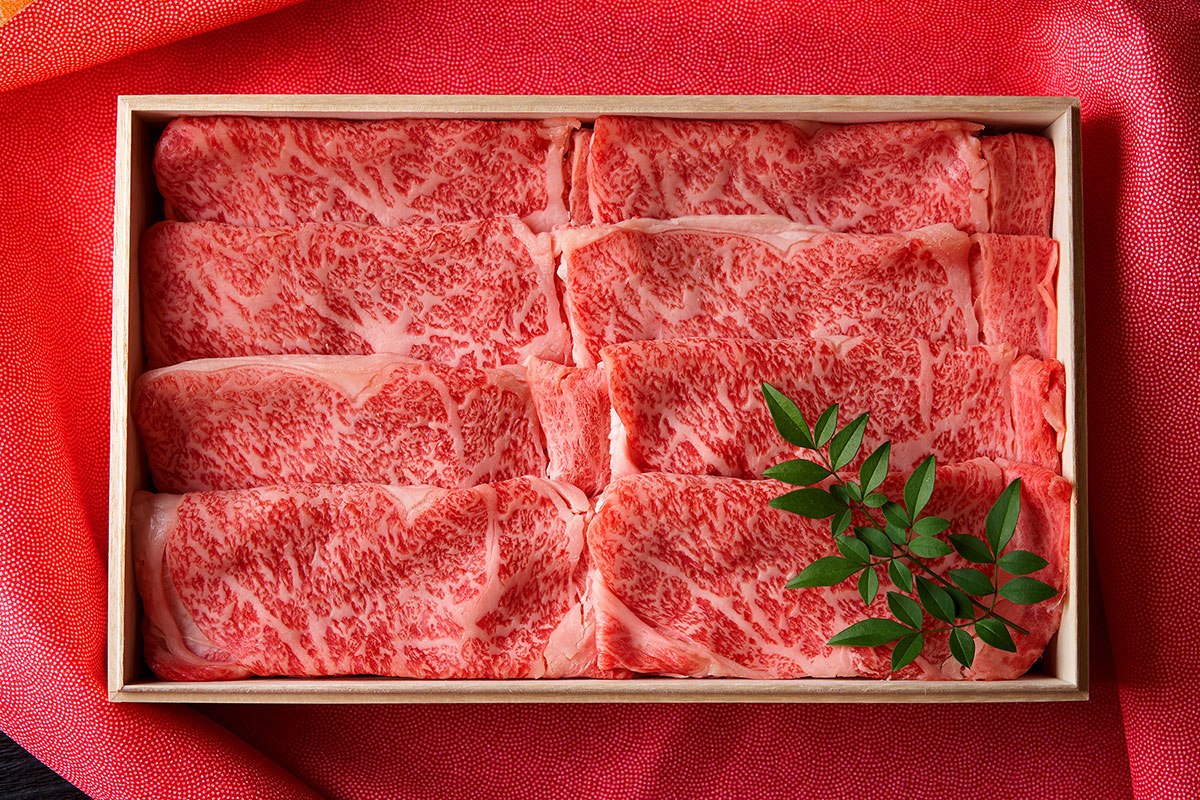
Comment